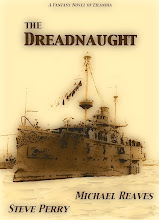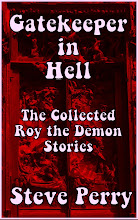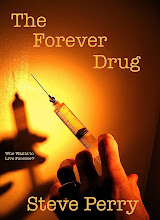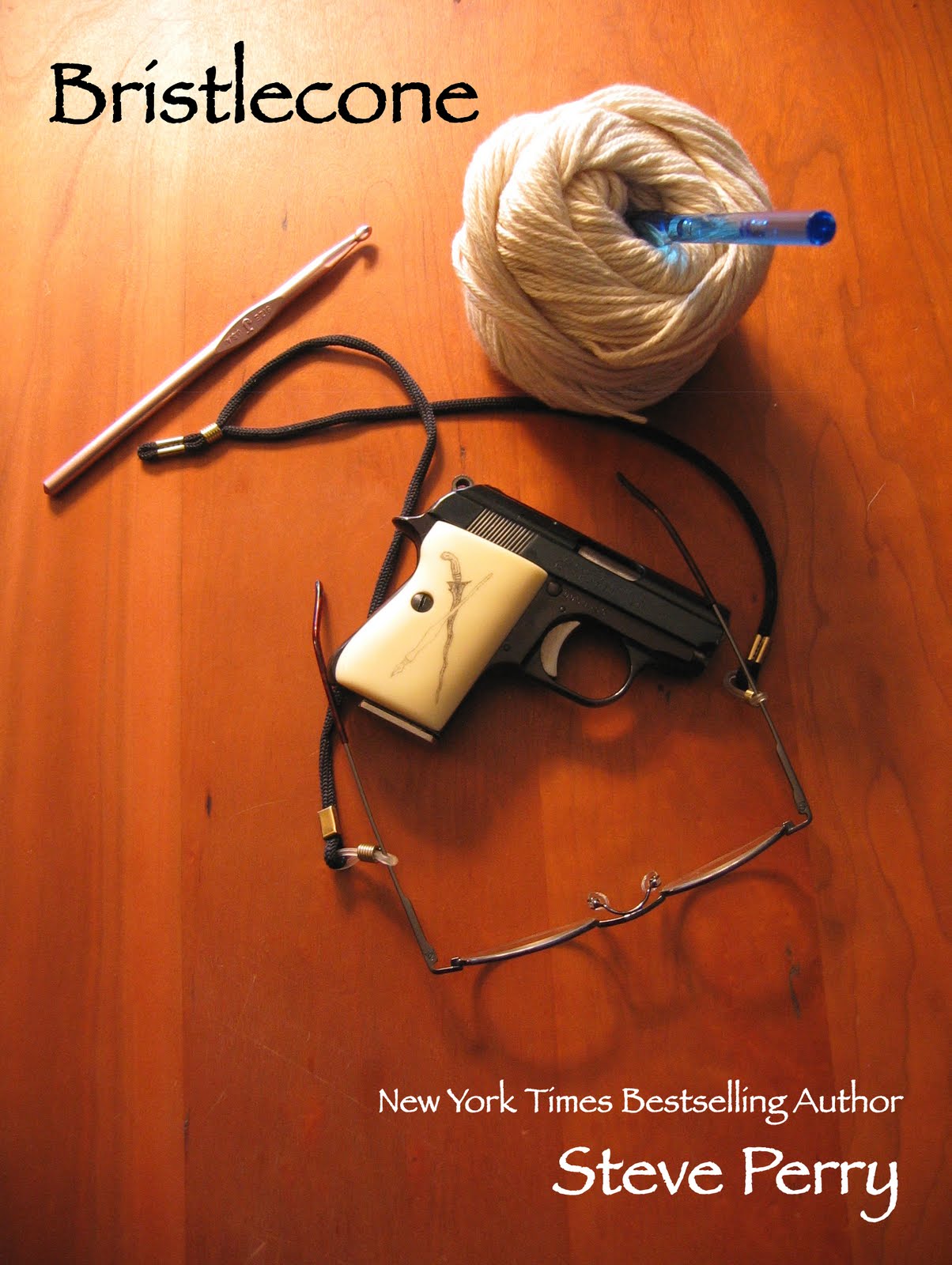It should come as no surprise that the studio who gave us Snow White has, according to folks who know, turned this story into a complete fantasy that Harlan Ellison refers to in his video review as "total bullshit!"
Pamela Travers, the creator of the character Mary Poppins in the late 1930's came to loathe the movie, and in the Disney-fied version of the story, they blow right past that.
I don't disagree with anything Harlan has to say about the subject, and I haven't seen the movie. However, I did, for the sake of balance, post a note about it on his site.
Hereunder, what I said:
Speaking for the Devil …
I suspect Pamela Travers was less upset about how Walt sugared up Mary Poppins than the brothers Grimm would have been, had they been alive to see what Uncle Walt did to their hard-edged material. Travers would have seen what Disney did to the pigs and princesses and wolves, et al, and thinking that she wouldn't be subject to that treatment was maybe something of a naive attitude. Give her that, but even so, she was loath to do it. Maybe she should have stuck to her guns.
Or not.
From all accounts, Travers was seldom a boring, mean-spirited woman, though that whole adoption business does gum up the works some, and she apparently made most of her major life decisions based on advice from astrologers …
As a scribbler of little note, I absolutely understand how the desire to protect one's work feels. I won't be going to see the Disney-fied version of how Mary Poppins came to the silver screen, and in no small part due to what I have heard here. A vote with one's wallet matters, if only a little bit.
But: (and you knew this was coming, right?) There are a couple of things I think maybe ought to be laid out, simply for balance.
As I understand it, Travers was not rich, but not missing any meals. Her books sold, the stage adaptions did business, and she was probably in as good a shape as most mid-listers. That she resisted Roy and Walt's drooling for two decades indicates she wasn't starving. But, in the end, she sold the rights. Got 60,000 pounds up front, and this was nothing to sneeze at in the late 1950's, but it was her five percent of the action that made her rich. And we are talking gross points, not net.
So you get the money. If, however, you sell somebody your cherry 1955 Chevy convertible and they drive to the end of the block and plow into an armored car? Sucks, but it isn't yours any more.
You can point out that Disney pushed and wheedled, but, in the end, she didn't have to sell him the rights.
As I understand it, Travers supposedly had script approval, and was an adviser on the project, right there, hands-on, came down from the suite and to the studio, inspected storyboards, listened to the music, and offered her input. That she despised the final project isn't a surprise, and that Walt probably smiled and told his editor to take out that and leave in this without her knowing would not shock me. But Travers certainly wasn't completely blindsided if she was there and part of it.
The Siren lure of Hollywood is great. Money, fame, a wider audience. If, however, you make a deal with the devil, you ought to know there's a reason he's called The Father of Lies.
Apparently the stars and planets weren't too reliable when it came to dealing with The Mouse.
From folks I know who have had movies or TV series made based on their books, there are two things that result. The perk is, your books suddenly come back into print and sell like ice water in Hell. Witness George R.R. Martin. The Game of Thrones did pretty well as a novel, but when the HBO series came out? Everything George writes in that series from now on hits the bestseller list and stays there. It doesn't even have to be a good movie or series. When True Blood cranked up on HBO, Charlaine Harris's original paperback books, all eight of them, arose from the out-of-print boneyard and shambled onto the bestseller lists, all at the same time.
Yeah, you get a nice fee from the production company for the media rights, but you are apt to make more from your novels afterward, unless, as Travers did, you have a piece of the gross. She made millions, and while she might have come to regret the sale, it was her choice.
It's sometimes attributed to Raymond Chandler, but should be credited to James M. Cain: When asked about what Hollywood had done to his book, Cain said that they hadn't done anything to his book, it was right there on the shelf. Mary Poppins the book is still what it is, and Disney's movie, and rewriting of the history about how it came to be, are what they are. That these latter are as much fantasy as Snow White? Shouldn't surprise anybody who has ever ridden the Pirates of the Caribbean boat.
The drawback is, of course, from then on, anybody who reads the books and sees the series will likely visualize the characters as the actors cast in the roles. I couldn't read Pat Conroy's Santini Dies without seeing and hearing Robert Duvall. I usually like my mental casting better, though you can never go wrong with Duvall. That was the joy of radio. (Who was the best character in A Christmas Story? Jean Shepherd, as the V.O. for Ralphie, hands-down. Can't imagine that movie without his unique voice.)
Some years ago, my collaborator and I pitched a novel to a publisher. The money they offered was much less than we felt we deserved. My co-writer ran into Harlan at a gathering in L.A. and whined about it. Harlan's advice was, Hey, take the money. If you are broke, there's no shame in honest work to get by.
Travers took the money, and I don't blame her for it, but when you sell it, they own it. I know a few folks who have sold stuff to the movies, had script approval, and likewise hated the results.
When you deal with the devil, you really need to read the fine print, and even then, you need to know that pitchfork is there somewhere ...
Perry
P.S. This is not a blanket condemnation of the Biz, merely a recognition that as often as not Shit Happens, and if you are unprepared to deal with it, you might have problems.
And, of course, there is an addendum that speaks to another factor that might or might not be relevant:
When Travers took the upfront advance for Mary Poppins, that £60,000 Sterling, (about $180,000, USD) circa 1960, the average income in the states was about $5000.
To put that into perspective, today, that would be twixt a million and two million pounds, depending upon which of the various inflation indexes you use. The pound isn't worth what it used to be, so only a million-and-half to three million bucks.
But, wait, that's only the anteroom of Uncle Scrooge's bin ...
















3 comments:
Steve,
Did Harlan have anything in reply to your comment? He once tracked me down and called me at the house to reply to a discussion on his Hornbook. He is known for calling people instead of writing.
Dave
Not yet. I got one of those calls once ...
Looking foreward to you going into the highest tax bracket when your Matador series is made into shows or movies and then the books take off and sell tons more.
Post a Comment